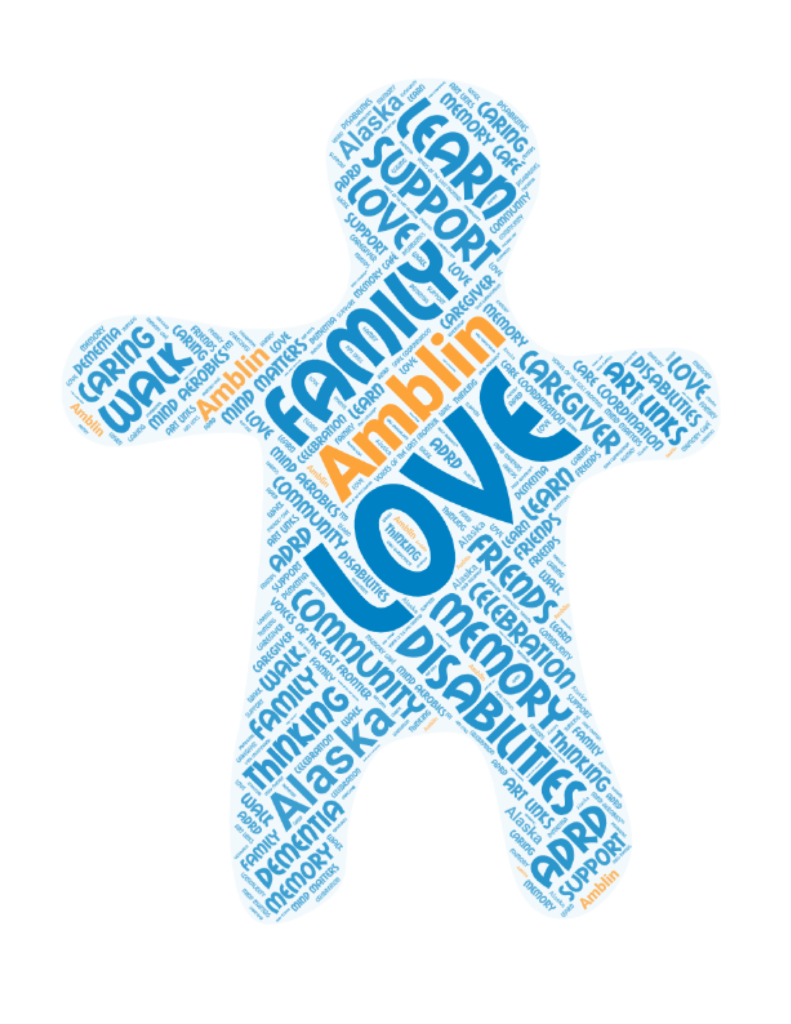En español | For many people, Social Security’s function begins and ends with a monthly payment. And to be sure, ensuring benefits get delivered on time and in full to tens of millions of older adults, people with disabilities and members of their families 12 times a year is the agency’s job one.
But over its history, the Social Security Administration (SSA) has added numerous special services to help customers (that’s you and me) deal with pressing medical, familial and financial issues. Here are some of the lesser-known things Social Security can do for you.
1. Expedited disability claims
It takes the SSA about four months on average to process claims for disability benefits. And that’s just the initial application; it can take many more months, even years, to appeal a claim that’s first denied.
Waits like that can be especially hard for people with severe or worsening illnesses. That’s why the SSA established the Compassionate Allowances program, a list of more than 250 serious medical conditions that by definition meet Social Security’s standard for disability. Applications for Social Security Disability Insurance (SSDI) or Supplemental Security Income (SSI) involving those conditions are automatically flagged for fast-tracking and can be approved in a matter of days.
Learn more about Compassionate Allowances and other ways Social Security can fast-track disability decisions.
2. Representative payees
Not all Social Security recipients are able to manage their own benefit payments. Some have cognitive disorders or developmental disabilities; some are small children. In such cases, Social Security can appoint someone to serve as the beneficiary’s representative payee.
A representative payee has authority to receive another person’s benefits and use them to meet that person’s essential needs, such as food, shelter and health care. It’s typically a family member or friend, but organizations such as nursing homes can also fill the role. It’s a serious job that requires diligence: Social Security holds payees accountable for how they spend benefit funds, and they are strictly prohibited from putting the money to their own use.
Learn more about how to become and serve as a Social Security representative payee.
3. Help with Medicare drug costs
Extra Help, a program run by Social Security and the Centers for Medicare & Medicaid Services (CMS), can reduce prescription drug expenses for low-income Medicare beneficiaries by up to $5,000 a year. The aid can be put toward premiums, deductibles and copays related to a Medicare drug plan.
The program is open to residents of the 50 states and the District of Columbia who are enrolled in Medicare Part A and/or Medicare Part B and have income of no more than $19,320 for an individual or $26,130 for a married couple living together. There are also strict limits on financial assets such as savings, investments and property.
You can apply for Extra Help online or by phone at 800-772-1213. You’ll find detailed information in the Social Security pamphlet “Understanding the Extra Help With Your Medicare Prescription Drug Plan.”
4. Translation and interpretation
Like everyone else, people who speak little or no English may need to talk to the staff at Social Security about benefits or other concerns. To address this, Social Security provides free interpreter services to anyone who requests or shows a need for language assistance.
Languages that the agency can translate on a phone call or office visit include Arabic, Armenian, Chinese, Farsi, French, Greek, Haitian Creole, Hmong, Italian, Korean, Portuguese, Polish, Russian, Somali, Spanish, Tagalog and Vietnamese. To request an interpreter, call Social Security at 800-772-1213. SSA also provides written materials in several languages on its website.
Learn more about Social Security services for people with limited English proficiency.

 Make a Payment
Make a Payment



